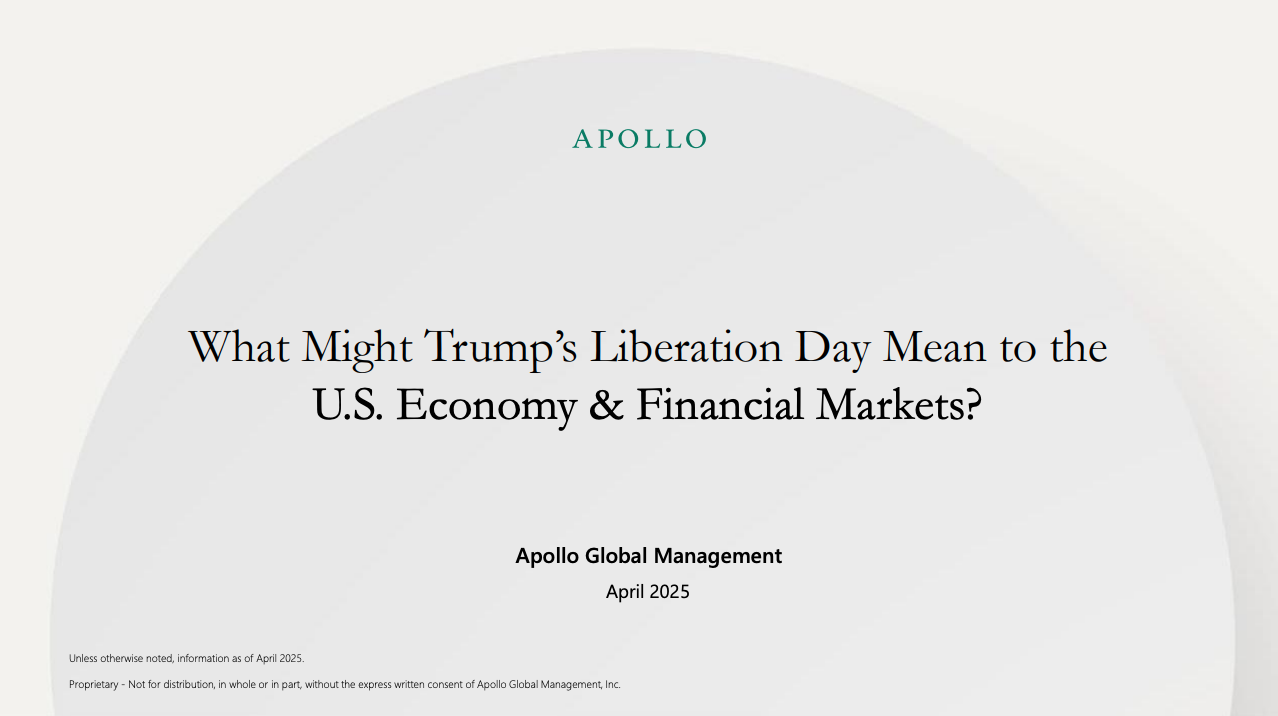
A quick breakdown on the last five days...
---- Policy changes ----
The Trump Administration is rolling out aggressive new tariffs:
10% baseline tariff on most imports.
Reciprocal tariffs that go higher—up to 46%—for countries with large trade surpluses with the U.S.
Implementation began immediately—starting April 5—with little time for companies to adjust.
---- Growing recession risk ----
Consumer confidence is falling, across all income levels.
Fear of job loss is up.
People expect the economy to worsen.
CEO sentiment and capital spending plans are declining sharply, suggesting corporate America is pulling back.
The stock market has taken a $6 trillion hit, led by multinational-heavy sectors like tech.
Tariffs are expected to drag GDP down by 1.5% and push inflation up by 1.5%.
Policy uncertainty is translating to lower lending, fewer IPOs, and reduced M&A activity.
---- LT vision vs. ST pain ----
The Administration appears to be prioritizing a rebalanced economy: less government, more manufacturing, and fewer imports.
That transition could take years and the costs to get there are significant and immediate.
There’s no clarity yet on how effective or realistic this industrial rebalancing will be.
---- Credit market response ----
High yield spreads are widening. Investment grade is holding up better.
Market participants were caught off guard by the scope and speed of tariff rollouts—particularly the steep duties on Asian supply chain hubs like Vietnam and China.
Increased dispersion between "tariff immune" names and those seen as high-risk.
CCC-rated debt has been surprisingly resilient but that may not last if recession risk materializes.
---- What to watch ----
Investors are bracing for a broader slowdown, with rising recession probabilities in the U.S., U.K., and EU.
The “Magnificent 7” tech names are heavily exposed to global revenue, putting them at particular risk from trade tensions.
Despite all this, investment-grade spreads haven’t yet priced in the full risk—a disconnect that may not hold.
Legal challenges, Congressional reaction, and potential foreign retaliation will shape how this plays out.
---- Bottom Line ----
This is a clear shift toward economic nationalism, with markets facing more questions than answers. The Administration is betting that the short-term pain of higher prices, lower confidence, and tighter credit is worth the long-term strategic gains of reindustrialization. That’s a high-stakes wager and the outcome hinges on execution, global reaction, and whether sentiment continues to slide.

COMMENTS